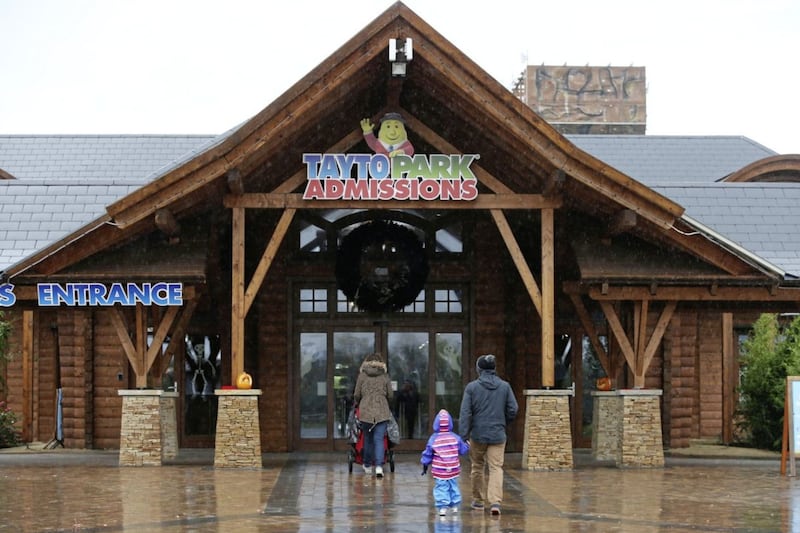THE parent company of the Tayto operation in Tandragee has responded to £600,000 loss last year with an agreement for new inflationary price increases with its customers.
New accounts filed for the Manderley Food Group show turnover at the snack company rose by 11 per cent to £206.6 million for the year ending July 2 2022.
The group behind Tayto, Golden Wonder and Real Crisps recorded a 14 per cent jump in the cost of sales to £164m last year. Alongside higher distribution costs and interest payments, it left the group with a pre-tax profit of just £59,848.
A £677,068 tax bill for the year ultimately left Manderley’s bottom line £617,220 in the red. Although that represented an improvement on the group’s 2021 performance, where it took a loss of £2.8m in the 12 months to July 2021.
In a review of its 2022 performance, published alongside the accounts filed with Companies House, Manderley’s directors said: “The result for the year reflected the significant increases in input costs due to reduced availability of certain input commodities and a general inflationary environment post-Covid and the war in Ukraine.
“Whilst the business has been able to service all of its customers’ needs, there was a lag in implementation of price increases from customers.
“The business has now finalised negotiations with all customers to agree new inflationary price increases.”
The main shareholders of the Manderley Food Group are members of the Hutchinson family.
While still headquartered in Tandragee, the operation has grown in recent years through acquisitions including The Real Pork Company and popcorn brands Pop Notch and Portlebay Popcorn.
It now operates from Five sites in England, with a total workforce of 1,322.
Looking ahead, the directors said “The crisps and snacks market continues to be challenging with significant competition in the retail sector and continued pressure on consumers due to the cost of living crisis.
“In addition, the company has seen unprecedented price inflation across all inputs, affected by global supply and demand post-pandemic, the ongoing conflict between Ukraine and Russia and a shortage of skilled labour.”
The directors said they plan to continue investing in the group’s manufacturing assets in order to remain competitive within the market place.








